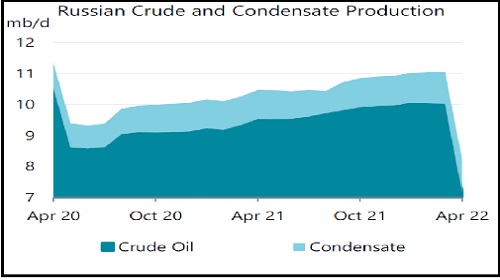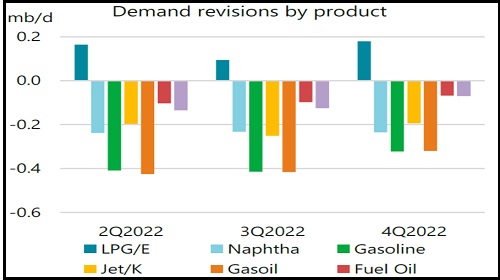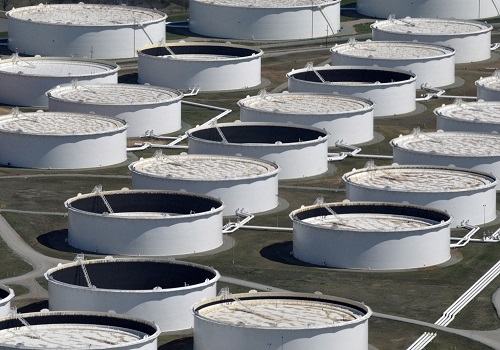IEA says 3 million bpd of Russian oil, products could be shut in next month

Follow us Now on Telegram ! Get daily 10 - 12 important updates on Business, Finance and Investment. Join our Telegram Channel
LONDON - Three million barrels per day (bpd) of Russian oil and products may not find their way to market beginning in April in the wake of its invasion of Ukraine, the International Energy Agency (IEA) said on Wednesday, as sanctions bite and buyers hold off.
Rising commodity prices and sanctions on Russia "are expected to appreciably depress global economic growth" and impact inflation, said the Paris-based IEA, offering a bleak picture of undersupply and uncertainty for the oil market.
It was the first monthly report on oil from the IEA, which represents 31 mostly industrialised nations but not Russia, since Russia's invasion of its neighbour briefly sent Brent crude to nearly $140 a barrel.
"We see a reduction in total (Russian) exports of 2.5 million bpd, of which crude accounts for 1.5 million bpd and products 1 million bpd," the IEA said in its monthly oil report.
Graphic: Russian crude and condensate production:

Additionally, it projected lower Russian domestic demand for oil products.
"These losses could deepen should bans or public censure accelerate," the Paris-based IEA said.
Russia exports 7 million to 8 million barrels of crude and products daily.
Graphic: Russian oil exports by destination:

The IEA lowered its forecast for world oil demand for the second to fourth quarters of 2022 by 1.3 million bpd. For the full year it cut its growth forecast by 950,000 bpd to 2.1 million bpd for an average of 99.7 million bpd.
That would mean a third year of demand below pre-pandemic levels which the agency had previously seen recovering in 2022.
Graphic: Demand revisions by product:

The Ukraine crisis has exacerbated stretched output capacity and with top OPEC+ producers Saudi Arabia and United Arab Emirates not fully opening their taps, the IEA does not expect output rises from the United States, Canada and others to erase global undersupply.
The world is set for a supply deficit of 700,000 bpd in the second quarter, the IEA said.
Storage levels in OECD countries in January stood at their lowest levels since April 2014, it said.
























